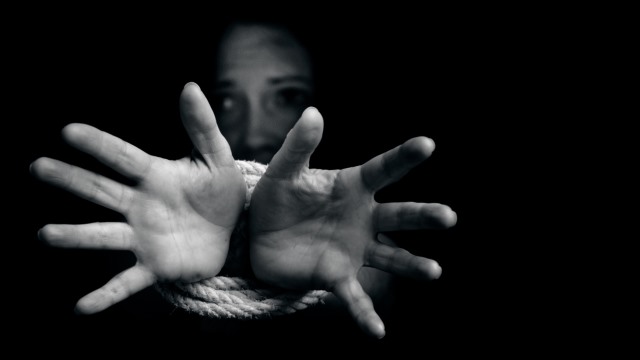GREAT BAY, Sint Maarten (DCOMM) – The National Coordinator for human trafficking, has the lead in combating human trafficking and human smuggling in Sint Maarten.
The Director of Immigration & Border Protection Service (IBP) is tasked in overseeing these responsibilities. The National Reporting Bureau on Human Trafficking (NRB), is the executing agency for prevention & protection on Human Trafficking.
On Monday, June 26 marked International Day Against Drug Abuse and Illicit Trafficking. It is also an international recognized day in support of Victims of Torture.
In December 1987 the UN General Assembly decided to observe June 26 as the International Day against Drug Abuse and Illicit Trafficking.
Sint Maarten has been paving its way to address the aforementioned problems, as part of the SDG (Sustainable Development Goals) 16, on Peace, Justice and strong Institutions, from a local perspective.
The establishment of the NRB is a major step in combating Human Trafficking and Human Smuggling in Sint Maarten, using an organized and structured approach.
Since its inception in September 2013, the NRB has worked intensively to present themselves to the public and its stakeholders and thus creating support in the execution of its duties. The NRB has been actively engaged during this period with the implementation of the agreements set out in the Memorandum of Understanding (MOU) Human Trafficking and Human Smuggling as well as the actions to be implemented within the framework of the U.S. Trafficking in Persons (TIP) reports.
In its short existence the NRB has acquired results from its intended objectives. The number of comments and messages received by the bureau so far testify to the successful approach of this organization.
For crimes against personal freedom, including human trafficking, the Penal Code provides heavier penalties compared to the old Penal Code of the former Netherlands Antilles.
Moreover, the Council of Europe Convention on Action against Trafficking in Human Beings of May 16, 2005 has led to strengthening of the criminal law in Sint Maarten on the subject of human trafficking.
The change in the new Penal Code expressly addresses the criminal offence, different forms of participation, and penalties as well as aggravating circumstances. This broadened legal blanket ensures that a perpetrator at every level and degree of involvement in trafficking of persons is able to be held accountable for the role they play in this heinous practice. In addition special attention is given to the protection of child victims of trafficking.
It is worth mentioning that in the US TIP report 2016, St. Maarten fully meets the minimum standards for the elimination of trafficking in persons and has been elevated from tier 2 Watch list to tier 1.
The Government of Sint Maarten is extremely proud of this, particularly because of the large amount of effort that has gone into combating and addressing any issues related to human trafficking. In addition, a number of workshops bringing together relevant stakeholders including senior law enforcement, Red Cross, and medical officials have taken place on Sint Maarten to raise awareness on the issue of human trafficking.
The different aspects of Human Trafficking can be broken down in: Domestic Servitude; Forced Labour and Exploitation and Sexual Slavery.
A major accomplishment was the implementation of the “Temporary Residency”- policy guideline by the Minister of Justice in December 2015. The National Reporting Bureau on Human Trafficking granted the first temporary residence permit to an exploited victim and his family while their case was under investigation.
The temporary residency regulation serves as a way to encourage the victims to assist in the investigation and prosecution of offenders of human trafficking.
In 2015/2016, several investigations in Human Trafficking was conducted in brothels, targeting the owners. Appeals were made by the Public Prosecutor’s Office to Government requesting that administrative measures be taken against establishments which were involved in Human Trafficking violations, such as revoking their licenses.





























